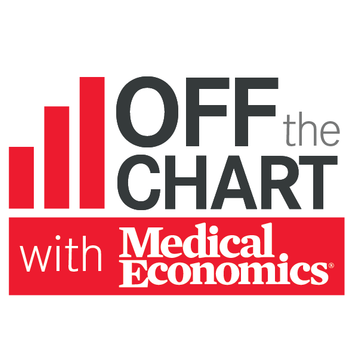
Researchers estimate that about 48 million nonelderly people will be part of a household with someone who loses their job due to the pandemic.

Researchers estimate that about 48 million nonelderly people will be part of a household with someone who loses their job due to the pandemic.

The online retail giant will work with Crossover Health on the new clinics.

Population health means a patient’s long-term health matters as opposed to treating each sick patient as an isolated transactional episode.

About two-thirds of respondents say the effort required to find, access, and pay for care is an excessive burden.

With in-person visits down, social distancing measures in effect and no current COVID-19 vaccine, physicians are leveraging new digital tools to survive.

Returning to normal patient volumes will take a detailed plan and continued effort.

More than a third of respondents say they are not ready.

If you’re hiring or looking to hire amidst a pandemic, you will have to up your recruitment game.

For full forgiveness, practices must use the funds as outlined in the law.

Because the majority of physicians are white and male, the unconscious assumptions they may hold about patients who are neither white nor male can lead to inappropriate treatment decisions, and on a larger scale, worsen disparities in health outcomes.

Physicians now have to deal with new patient safety risks and other management challenges resulting from the COVID-19 pandemic.

When it comes to top physician frustrations, prior authorizations rank near the top of the list, right next to poorly designed EHRs.

Practices are expected to lose nearly $70,000 in gross revenue per full time physician.

While medical practices are understandably focused on financial survival, keeping up employee morale amid the fear and uncertainty surrounding COVID-19 is equally important.

Faced with unprecedented circumstances due to COVID, as well as uncertainty about the future, what can primary care providers do to stay afloat financially and continue caring for patients?

The new position paper lays out how electronic communication can be used thoughtfully and effectively.

As more patient visits take place remotely or as one-time encounters, how do doctors forming the trusting relationships with patients needed to provide effective care?

The Trump administration continues its fight against the Affordable Care Act (ACA) at the Supreme Court.

The new code was announced June 25 after a meeting of the CPT Editorial Panel.

These are the COVID-19 ICD-10 codes physicians need to know, accurate as of CDC's April 1, 2020 update.

There are numerous coding options when it comes to reporting telehealth visits and others that are not the traditional face-to-face office visit.

Nearly half of the respondents say their office burnout and personal burnout is at an all-time high.

The Washington D.C. U.S. District Court judge rejected a claim by AHA and other groups that the rule would undermine competition and violate their rights.

As states start to re-open after coronavirus, the American Medical Association have some tips to keep your medical practice safe.

As we look over the horizon, we can’t see a logical endgame yet. We are frightened and don’t know what will come next.